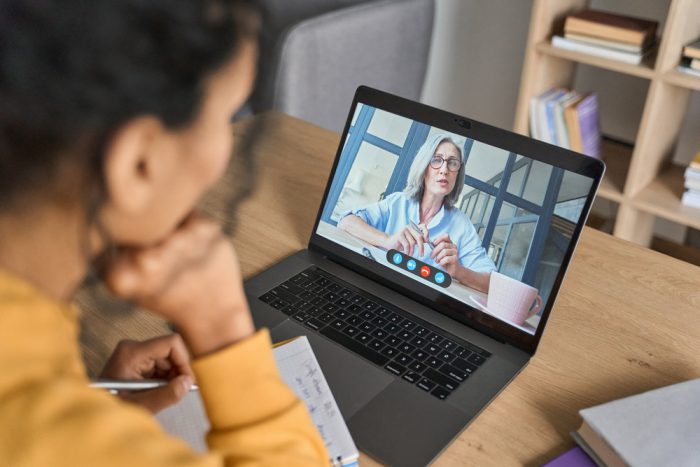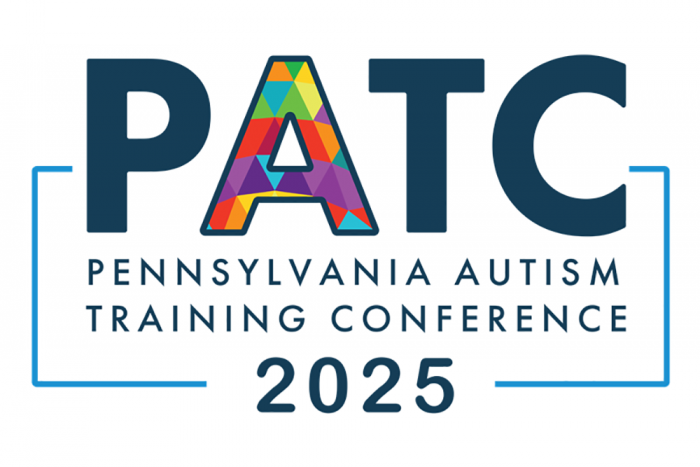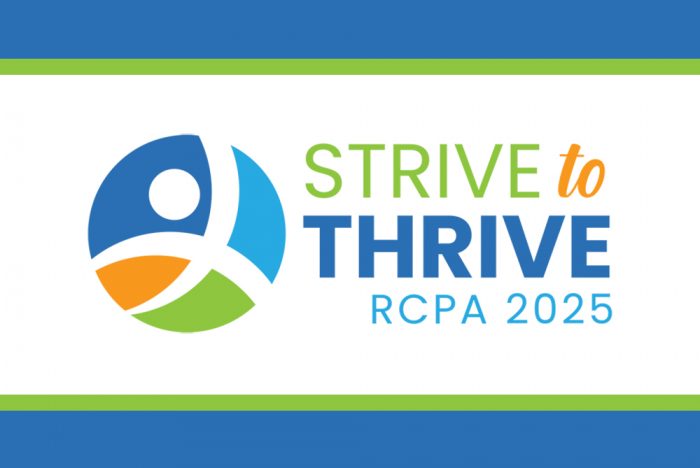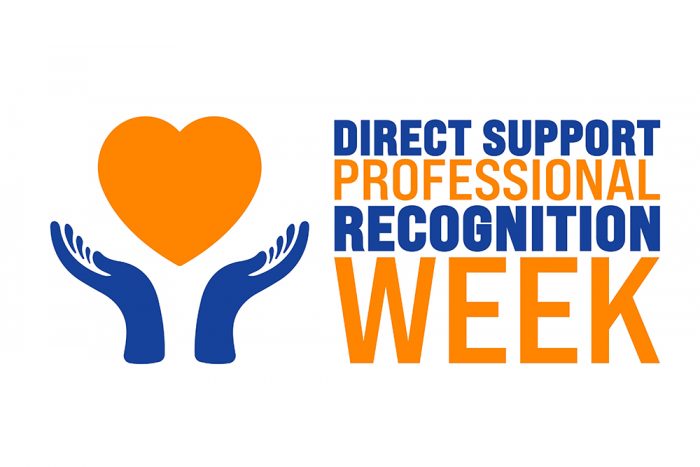The following is a message from the Office of Children, Youth and Families (OCYF):
Effective immediately, due to a federal funding pause, OCYF has been directed to halt work with Accenture, the System Integrator for the Child Welfare Case Management (CWCM) system. This pause is due to concern raised by our federal partners at the Administration for Children and Families (ACF) that must be resolved prior to our resuming work. The Department of Human Services/OCYF remains fully committed to developing a single case management solution to be used by both the state and all counties, rather than continuing to fund both the statewide Child Welfare Information Solution (CWIS) and the individual county systems.
As you know, Pennsylvania does not have a unified statewide case management system. Instead, we maintain a statewide repository that houses all reports of suspected child abuse (CPS), General Protective Services (GPS) reports, and the outcomes of those reports. Day-to-day case management and service information, however, resides within the counties’ own systems. Currently, five different county case management systems are in use across Pennsylvania’s 67 counties.
Developing and implementing a CWCM system remains a top priority, as it will enhance data quality and accountability, improve efficiency, and support better outcomes.
The CWCM Steering Committee — which includes OCYF and county representatives — has been reviewing the multi-phase implementation plan to ensure a responsible rollout. There is consensus on the first two phases: (1) Adoption and Foster Care Analysis and Reporting System (AFCARS) compliance and (2) replacing CWIS. Next week’s Steering Committee meeting will still be held to gather participating county partner feedback. We believe strong partnership between county children and youth agencies and the state is essential to achieving our shared vision for CWCM.
To reiterate, this is a pause. We are committed to developing a path forward that will ultimately eliminate the need for counties to maintain and fund individual case management systems — freeing up resources for other critical needs. The current federated model is not sustainable given the costs and the time and effort required to update legacy systems.
This is all the information we can share at this time. We recognize counties may have additional questions about what this means, and we will continue to communicate more information about the next steps as it becomes available.
Please contact Emma Sharp with any questions.


















